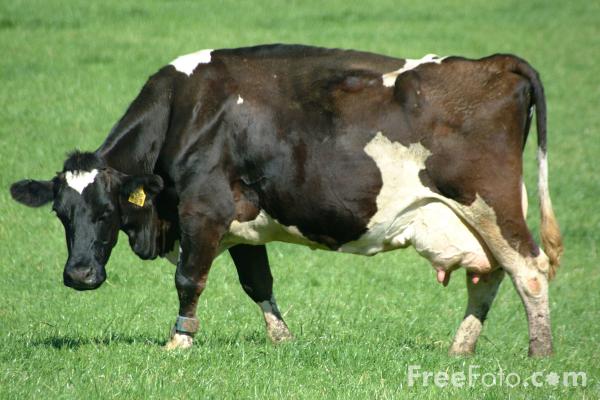
Users of New Zealand Fetal Bovine Serum may need to reconsider their approach to raw material safety.
In July 2017 the New Zealand Ministry of Primary Industries (MPI) reported an outbreak of Mycoplasma Bovis. The disease has been detected in cattle at a South Canterbury dairy farm. 14 cows were reported sick and another 150 animals were showing clinical signs typical to the disease. Several cows were euthanized as a voluntary disease fighting measure taken by the farmer.
This event takes place just short time after China had re-opened its borders for bovine products out of New Zealand. Again a lot is at stake for the New Zealand producers of bovine meat and other by-products.
Mycoplasma bovis is a common disease and is present in many countries with industrial animal production. It is not listed with the OIE (the world animal health organisation). The disease is pathogenic in Europe and North America. It causes bovine pneumonia, mastitis, arthritis, genital disorders, and abortion. There is no concern about consuming milk and milk products from affected cattle.
Yet the presence of Mycoplasma bovis in cell culture in the lab or in biotech production is close to a nightmare. Equipment is considered almost impossible to clean and production losses due to contamination are significant. Therefore additional serum treatment such as Gamma Irradiation of heat inactivation would add to safety of use. A thorough and accurate testing of each serum batch is required as well.
So far the New Zealand MPI believes that the disease outbreak has been contained to the two affected farms. Yet officials urge the farmers to show resilience while further testing continues.
More information about the Mycoplasma Bovis outbreak in New Zealand can be found on the official website of MPI.
Stay tuned - we will keep you posted.


